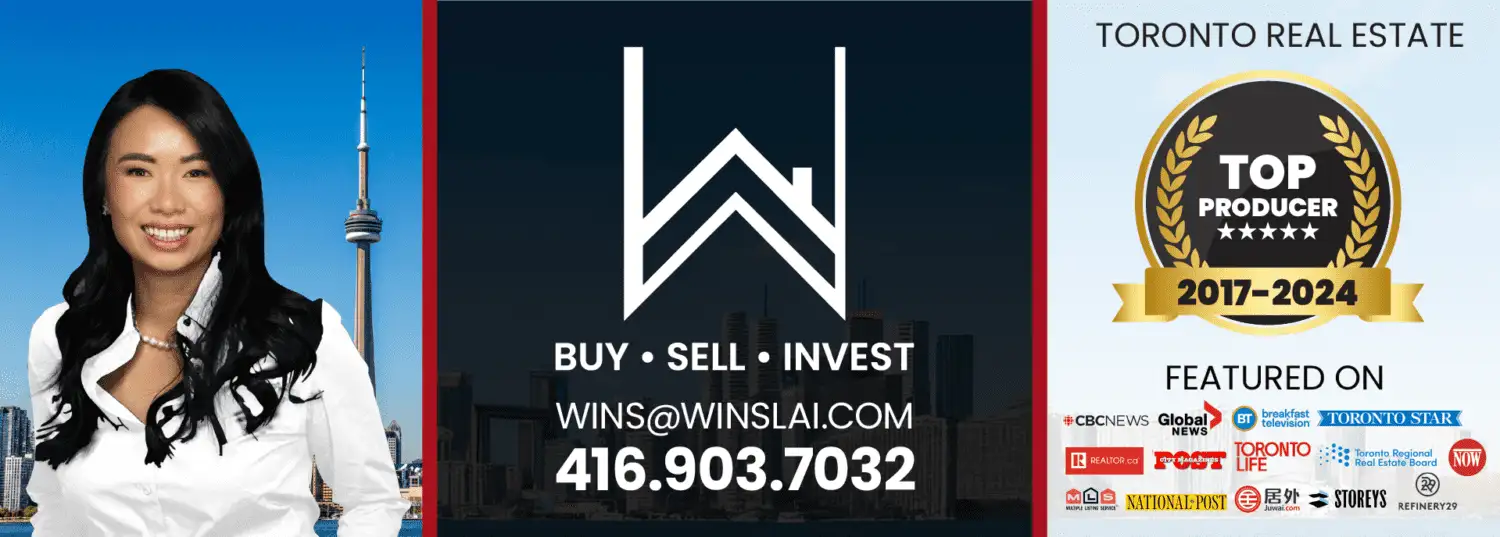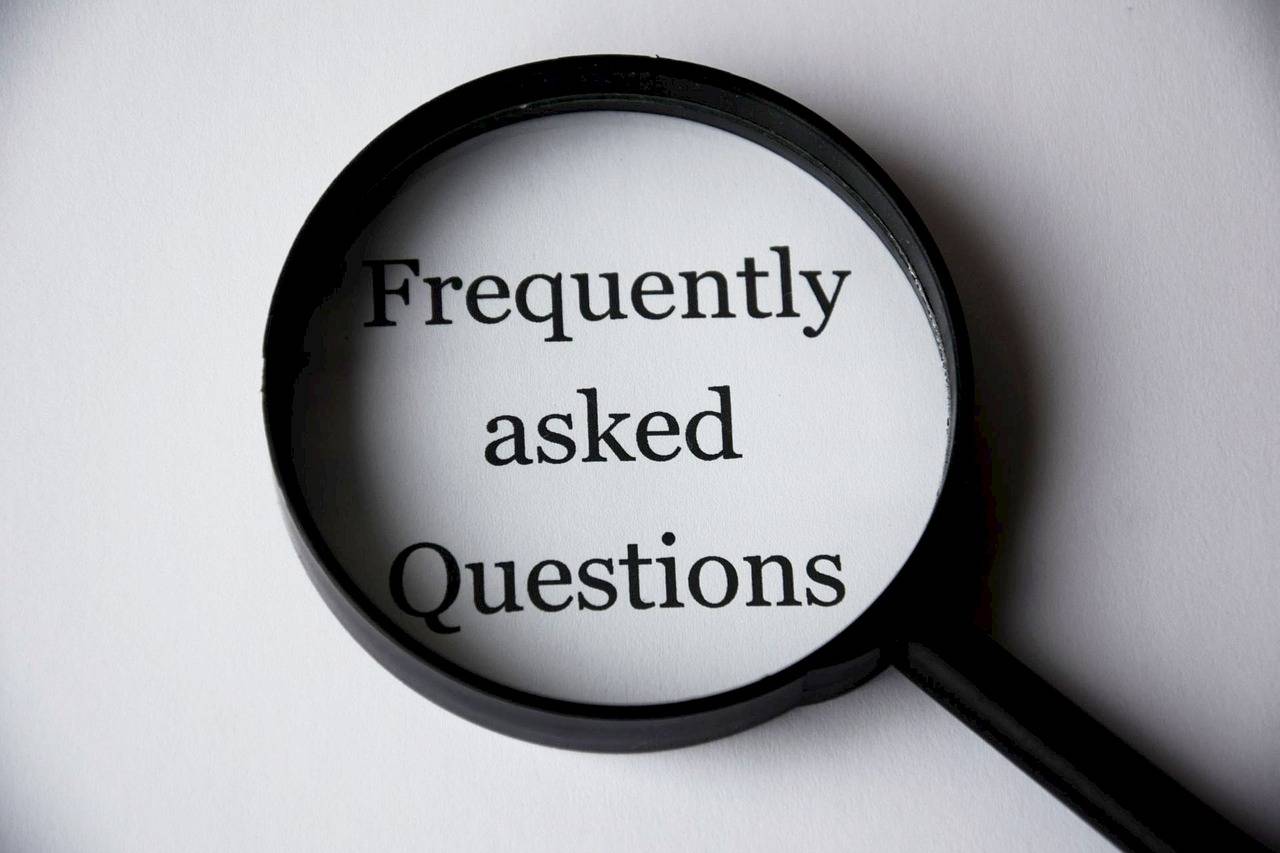
My Services FAQs
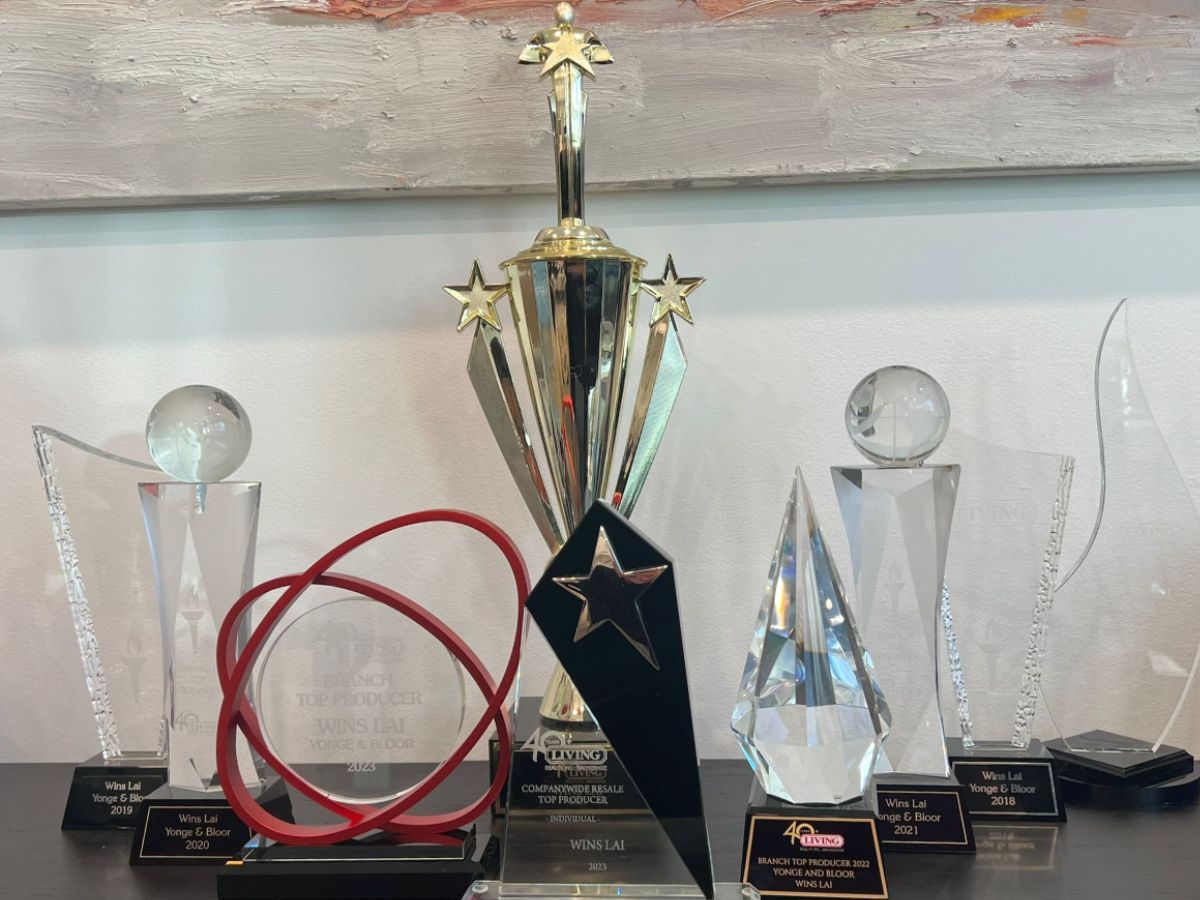
Why should I hire you?
- Proven Experience: as a Top Producer 7 years running, I have the experience to get you the best deal possible on both buying and selling Toronto real estate
- Amazing Results: I’ve helped clients buy their first homes, and sell their homes in days for over-asking price
- Zero Pressure Approach: I answer every question, offer the best advice, and never pressure you to buy or sell
- An Elite Network: I have a network of top lenders, lawyers, mortgage specialists, home inspectors and stagers to ensure that every deal is done right
- Multilingual Speaker: I’m fluent in Mandarin and Cantonese, and since Canada is the 2nd most popular destination for wealthy Chinese immigrants, it gives my clients an advantage to be able to speak their language
- 5 Star Reviews: my Google Reviews speak for themselves, like this one:
The best agent in Toronto hands down! Her level of attention, effort and knowledge was far above any other agent I’ve used in the past. Highest recommendations definitely!
What is a Top Producer?
A Top Producer is an agent who closes the most deals at their branch, like I did from 2017-2023.
Top Producers are known for their experience, professionalism, knowledge, communication skills and ability to negotiate.
What is your process?
My Process for Selling
1. Initial Meeting: I answer your questions and discuss what needs to be done before listing your property
2. Draw Up Listing: we determine the listing price, occupancy dates and conditions then put your property on the market
3. Prepare Marketing Strategy: we create a marketing plan and advertising materials for your listing
4. Promote Your Listing: I submit your listing to my network of clients and agents, advertise it on social media and follow up with interested buyers
5. Negotiation: I bring you offers, and we negotiate their terms and prices
6. Closing the Sale: when you’re satisfied with the price and conditions, we close the sale and you get paid
My Process for Buying
1. Initial Meeting: I review your finances, identify where you want to live, the type of property you want to buy, and offer suggestions
2. Property Viewings: we visit homes that meet your budget and location criteria
3. Making An Offer: once you find a property you like, we present an offer to the seller
4. Negotiation: I aggressively negotiate the price and terms of the offer till you’re satisfied
5. Closing The Deal: we close the sale, transfer the funds and you take full ownership of the property
How will you market my property?
My comprehensive marketing plan includes:
- Featuring your property on prominent sites, including The Star, Toronto Life & more
- Promoting your listing on Juwai, China’s largest international property network
- Running a sponsored ad for your listing on my social media
- Writing a detailed blog highlighting key property & location features
- Posting videos of your listing to YouTube (the world’s 2nd largest search engine)
- Providing immersive virtual tours of your property on Matterport
- Staging your home in real life or virtually to make it more attractive
- Mailing out letters & flyers to residences in your neighbourhood
- Sending email campaigns to my list of over 5,000 subscribers
- Following up & networking with other agents to promote your listing
- Hosting virtual open houses & investor information sessions to find promising buyers
- Displaying your property in the front window of our Yonge & Bloor office (Toronto’s busiest intersection)
Do you offer help with mortgages?
Yes!
I work with a team of mortgage specialists who can help you obtain your first mortgage or refinance your home.
We serve all home buyers, including immigrants, expats, returning Canadians, international students and temporary foreign workers!
Want to calculate your mortgage? Check out this free app!
Do you offer home inspection services?
Yes, I can recommend several qualified home inspectors.
Hiring a home inspector costs between $400-600, but it can save you thousands in repairs and helps during price negotiations.
Do you provide services outside of Toronto?
Yes, I serve the areas of Downtown and Midtown Toronto, as well as North York, Markham, Vaughan, Richmond Hill and the GTA.
I also help clients in other provinces relocate to the GTA.
Where is your office located?
My office is located on 7 Hayden Street Toronto, ON M4Y 2P2 at the intersection of Yonge and Bloor.
Our hours of operation are 9 am to 9 pm Monday to Friday, and 9 am to 5 pm on weekends.
What is the name of your brokerage?
We specialize in residential, commercial and investment properties, and sell 27% more than our market share of new homes at 117% of the asking price.
How do I contact you?
The best way to get in touch with me is through the contact form here.
You can also reach me via:
Cell: 416.903.7032
Office Phone: 416.975.9889
Email: wins@winslai.com
Or follow me on Instagram & Facebook.
Commission FAQs
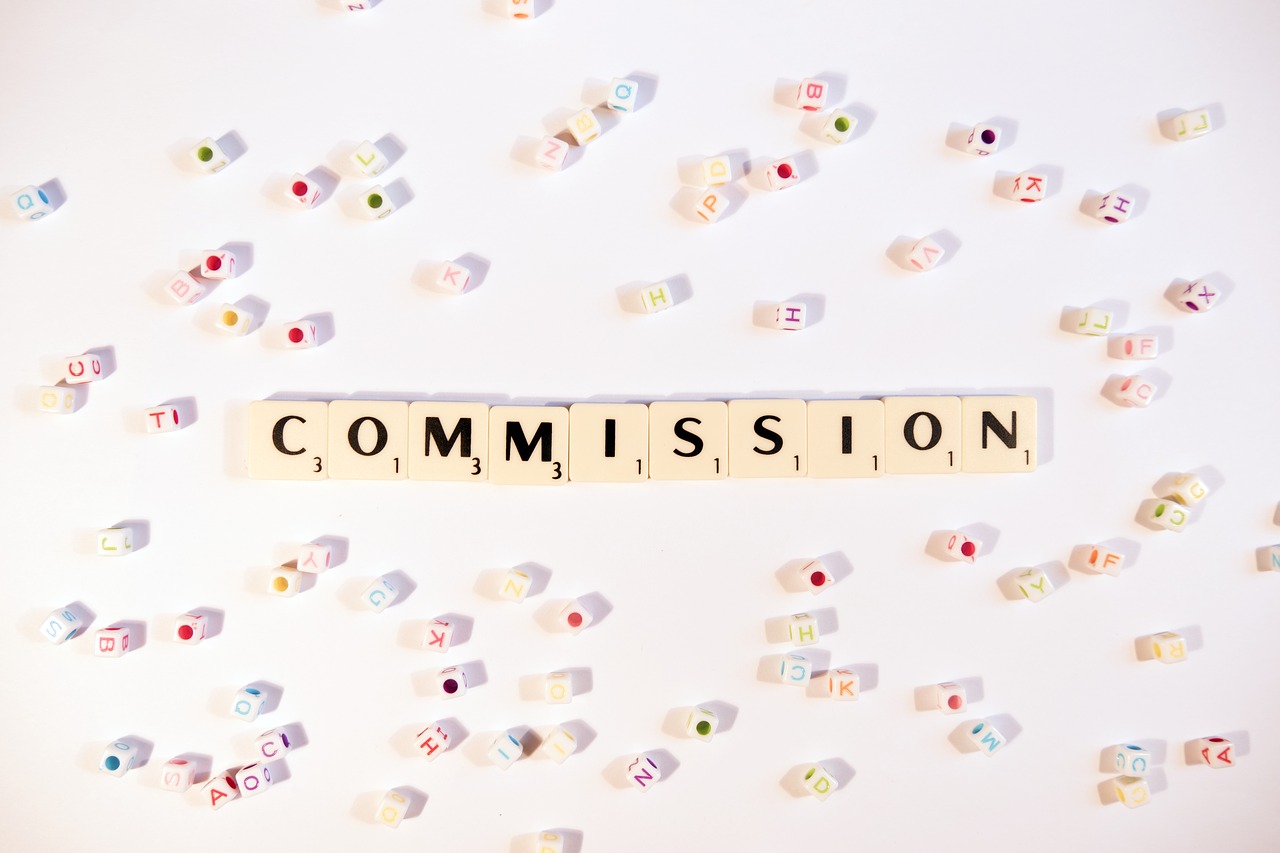
How do real estate commissions work?
Real estate commissions are paid by the seller upon closing.
The seller’s agent and cooperating brokerage each get 2.5% of the sale price for a total of 5% + HST.
When do I pay the commission?
Commissions are paid upon closing the sale.
Buying FAQs
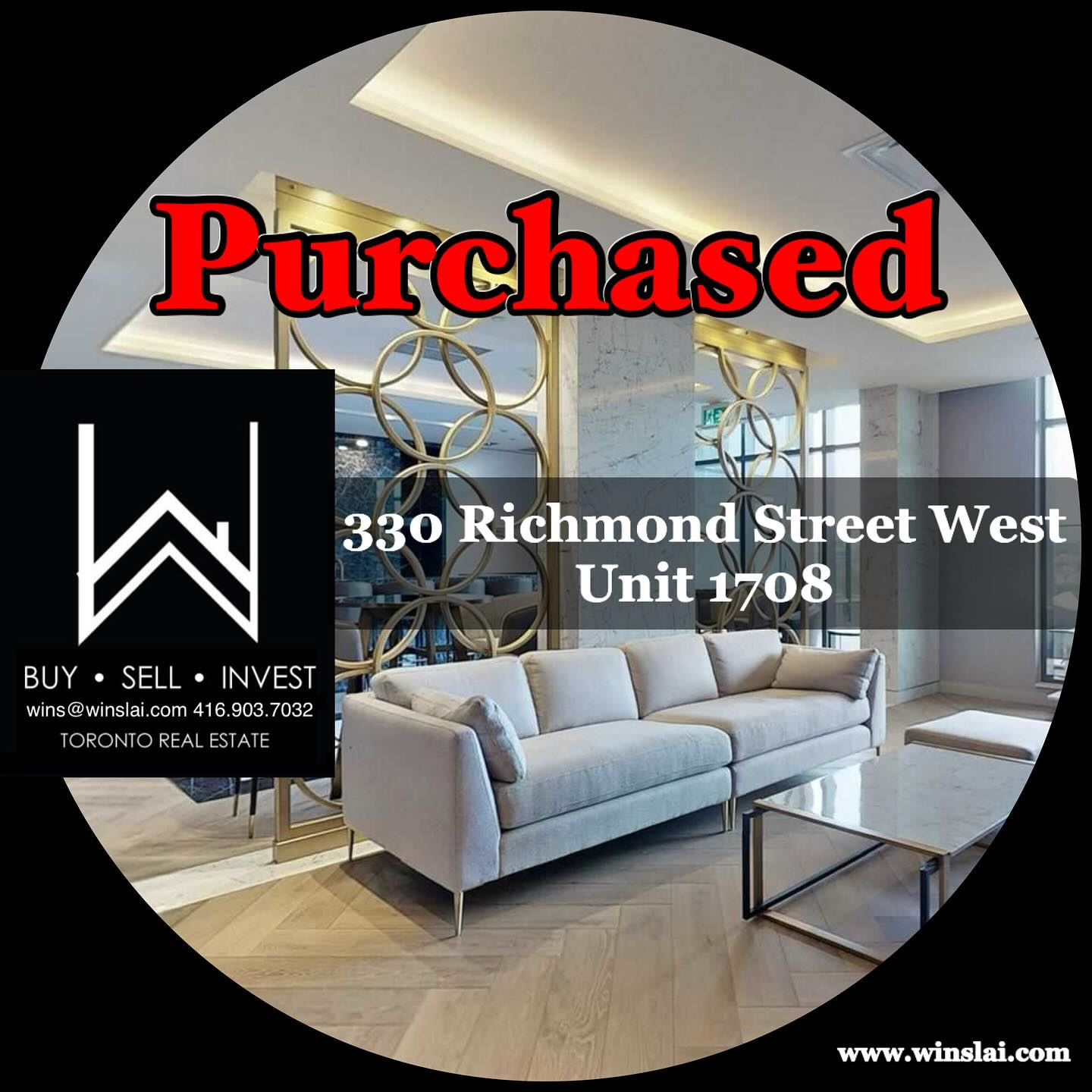
I’m thinking of buying my first home. Where do I start?
1. Get pre-approved for a mortgage and know your budget
2. Identify neighbourhoods you want to live in > narrow down your search to a specific area
3. Visit the neighbourhoods during different times to get a feel for the area
4. Make a needs vs wants list of your ideal home to further narrow down your search (eg. # of bedrooms)
5. Pick your top 5 listings, visit them all and see which home best meets your needs
For help on how to buy a home, check out these 8 pre-buying tips.
When is the best time to buy a home in Toronto?
- When you’re financially ready
- While interest rates hold steady
- While there’s less competition due to the 4-year Foreign Buyer Ban
- During a Buyer’s Market when there’s more inventory than competition
How much do I need for a down payment?
Down payment amounts depend on the price of your home.
Here’s a simple example of how to calculate the down payment on a $700,000 home:
- 5% of purchase price on offer = $35,000
- 15% of purchase price due on closing = $105,000
- Ontario Land Transfer Tax & Toronto Land Transfer Tax = $20,950
- Lawyer Fees = $2,000
- So the total down payment on a $700,000 home = $162,950
To calculate your down payment requirements, check out this handy (and free) app.
The app also helps you calculate land transfer taxes, closing costs, shows available rebates, finds the best mortgage rates, and is available in English, French, Spanish, Hindi and Chinese!
Do new homes come with a warranty?
Yes, all new Ontario homes (including condos) are protected by Tarion’s 7-year warranty.
To see what the warranty covers, check out this link.
What kind of Credit Score do I need to buy a home?
680 is the minimum Credit Score required to buy a home in Canada, while a Credit Score over 700 will give you the best mortgage rates.
To learn more about your credit score, including where to get your free credit report, check out this ultimate guide!
Should I sell my home before buying a new one?
It depends on your situation.
Most people sell first and buy later because it affects their mortgage lending ability.
But if you plan on buying a pre-construction condo, it may be best to keep your home due to unforeseen delays.
How many homes should I visit before buying?
There is no magic number, but I suggest no more than 5 showings per day to avoid confusion.
What should I look for in an investment property?
- Maintenance Fees: condo owners should factor in monthly maintenance fees
- Cash Flow: make sure you have a positive net cash flow after all expenses
- Location: certain places attract certain tenants (eg. a neighbourhood near a university will attract students)
- Crime Rates: check out the Toronto Police Service’s Public Safety Data Portal for various neighbourhood stats
- Local Economy: better jobs attract better tenants. For a map of Toronto neighbourhoods by employment concentration, check out this link
- Amenities: some perks are hard to pass up (eg. a condo that offers daycare is very appealing to young parents)
- Transit: proximity to transit is always a great selling point
- Vacancy Rates: to charge higher rents, look for buildings and neighbourhoods with low vacancies
- Ideal Tenants: know what you want in a tenant (eg. families, couples, young professionals)
International Buyer FAQs

I live in another country/I’m not a Canadian citizen. Can you help me buy a home in Toronto?
Of course!
In fact, I specialize in helping immigrants, expats, returning Canadians, international students and temporary foreign workers find a home in Toronto.
For more information, check out my International Buyers Guide.
Can anyone buy Toronto real estate, regardless of citizenship?
No.
Canada recently extended its Foreign Buyer Ban another 2 years until January 1st, 2027.
The ban prohibits anyone who is not a Canadian citizen or permanent resident from purchasing residential property, including houses and condos.
However, it doesn’t apply to vacant land or buildings with 4 or more units.
Are there exceptions to the ban?
Yes.
The following people are exempt from the ban:
- Temporary foreign workers with a valid work permit
- Accredited members of foreign missions in Canada
- International students enrolled in an authorized institution
- Refugee claimants and individuals fleeing international crises
- Spouses and common-law partners of Canadian citizens and permanent residents
The ban doesn’t apply to the following situations:
- Buying vacant land
- Buying property for the purpose of development
- Renting property for the purpose of occupying it
- Transferring residential property under the terms of a trust
- Acquiring interest in a property due to divorce, separation, gift or death
- Buying property outside a Census Agglomeration or Census Metropolitan Area
What are the down payment requirements for foreign home buyers?
Anyone who is not a Canadian citizen or permanent resident typically needs to make a minimum down payment of 35%.
The exception is U.S. citizens, who usually require a minimum down payment of only 20%.
What is the Non-Resident Speculation Tax (NRST)?
All non-citizens and permanent residents must pay a 25% Non-Resident Speculation Tax (NRST) when buying a home in Ontario.
Are there exemptions to the NRST?
Yes.
Exemptions are available for the following individuals:
- OINP nominees
- Refugees and protected persons
- Spouses of Canadian citizens, permanent residents, OINP nominees or protected persons
Is there an NRST rebate?
Yes.
Rebates are available for foreign nationals who meet all of the following requirements:
- They become a permanent resident of Canada within 4 years after buying or acquiring property
- They hold the property alone or with their spouse
- They make the property their principal residence and occupy it for 60 days after purchase
For more information about the NRST, check out this link.
Selling FAQs
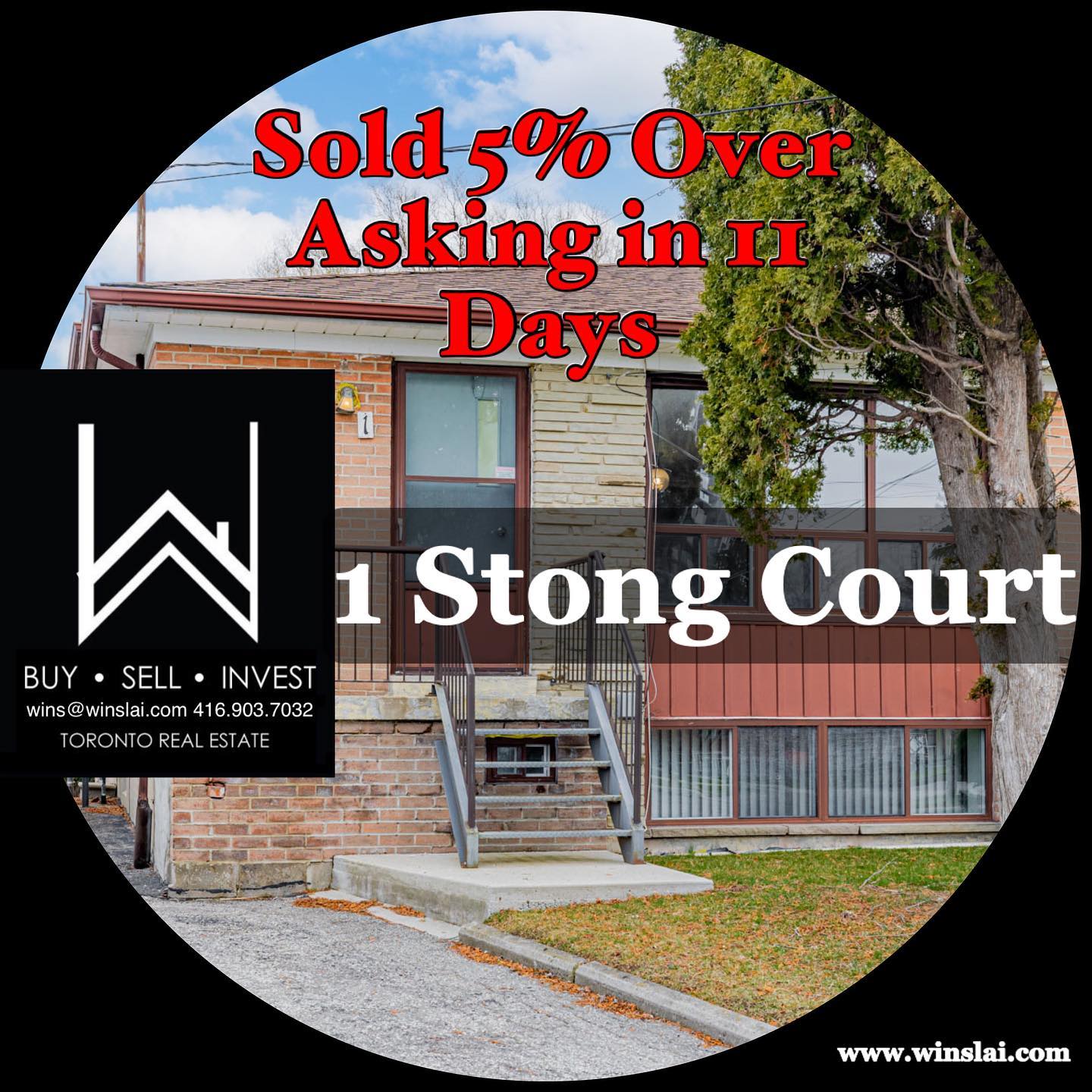
What is my home worth?
The value of your property depends on several factors, including:
- Size
- Age
- Finishes
- # of bedrooms & bathrooms
- Exposure
- Renovations
- Location
- Building amenities
- Parking & locker availability
- Finished or unfinished basement
While these are all important, the best way to determine the value of your property is through an in-person home evaluation.
When is the best time to sell my home?
The best time to sell your home has historically been spring and early summer.
Another opportune time is during a Seller’s Market when demand exceeds supply, leading to greater competition and higher prices.
According to the latest figures, Toronto is currently in a Deep Seller’s Market.
What steps should I take to prepare my home for sale?
- Have all important documents ready to answer buyer questions (eg. utility costs)
- Get estimates on repairs & upgrades so you can factor them into the asking price
- Make essential renovations (ie. don’t over-renovate)
- Clean & declutter your home to make it more attractive
- Create curb appeal by touching up your home’s exterior
- Professionally stage your home so it sells faster & for more money
- Hire a professional photographer to take high-quality images
- Replace outdated equipment with energy-efficient versions to show savings
- Talk to your realtor, who can advise you on doing all of the above and more
For more tips on how to get your home ready for sale, check out these 10 selling tips.
Do I need to hold open houses?
No. Qualified buyers often request private showings through a realtor instead of showing up for open houses.
Should I be present during home showings?
No, because it prevents buyers from openly discussing your home with their realtor for fear of offending you, and makes it harder for them to visualize themselves living there.
Should I include furniture & appliances in the sale?
Furniture is usually not included in the purchase price of a home, while appliances, light fixtures and window coverings are.
Why shouldn’t I use a discount agent to sell my home?
Discount agents work fast and in bulk.
That means they don’t have the time to answer all your questions, vet every buyer, or negotiate the best deals.
They also lack the budget to properly photograph, stage and market your property so it can fetch a higher price.
Besides a real estate agent, who else do I need to sell my home?
You’ll also need a real estate lawyer.
Depending on your situation, you may need a home inspector, stager, electrician and home renovators, all of which I can recommend.
What gives you an edge over other real estate agents?
1. I can reach buyers others can’t
Because I’m fluent in Mandarin and Cantonese, I can communicate with buyers from Hong Kong and China, who account for 71% of all foreign home purchases in Toronto.
They also spend 50% more on real estate than Toronto-born residents, so sellers like you stand to make more money.
2. I’ve built trust & credibility with the media
This includes CBC News, The Toronto Star, National Post, Global News, Breakfast Television and many more.
Being interviewed by prominent media outlets is one of the best ways to show my expertise and build trust with both buyers and sellers.
3. I have deep local knowledge of Toronto neighbourhoods
Besides property-related questions, buyers want to know all about their neighbourhood, including its schools, parks, restaurants, nightlife, transit and more.
Being able to answer these questions is crucial to selling your home.
As someone who lives in the heart of downtown Toronto, writes neighbourhood guides, creates videos, and explores what makes this city so great, I have the answers.
4. I’ve been a top producer 7 years in a row
Once or twice maybe good luck, but SEVEN times in a row (along with a Company Wide Top Producer award) shows that I know how to buy, sell and negotiate the best deals for my clients.
5. I work for one of the best brokerages in Toronto
We have over 600 licensed agents and strong connections to buyers in Hong Kong and China, giving you access to a much larger pool of potential clients.
We also sell 27% more homes and at 17% higher prices compared to the average TRREB agent.
Finally, we specialize in helping immigrants, expats, returning Canadians, international students and temporary foreign workers find a home they love.
Pre-construction Condo FAQs
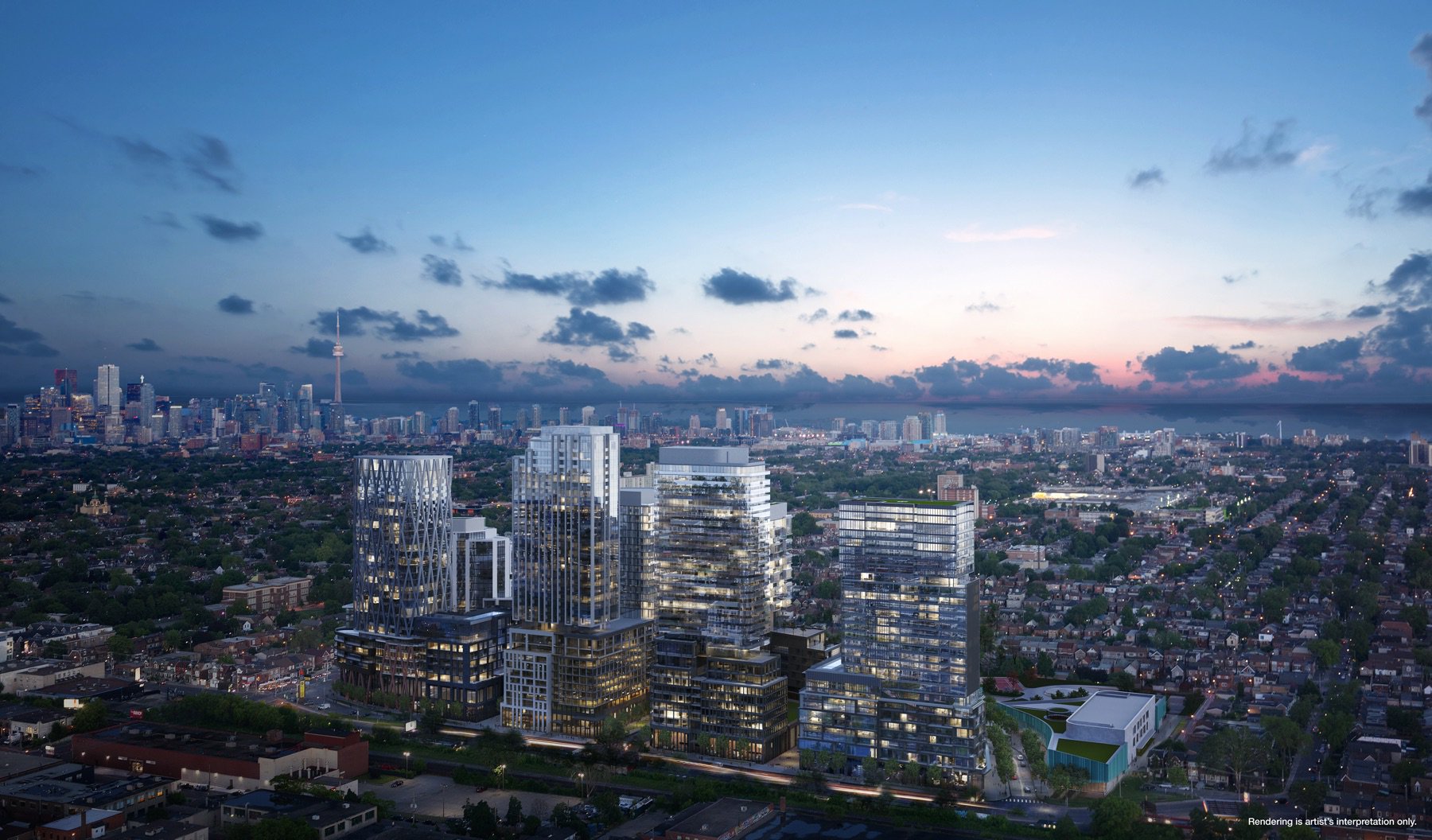
What is a pre-construction condo?
Pre-construction condos are condos that haven’t been built yet and are still in the planning and financing stages.
How long does it take for a pre-construction condo to be built?
Depending on the project’s scale, it can take 3-5 years.
What are the advantages of buying a pre-construction condo?
- Discounts & incentives for early investors
- Ability to customize your unit (eg. colours & finishes)
- Extended deposit structure
- 7-year new home warranty from Tarion
- Access to the latest technology & amenities
What are the disadvantages of buying a pre-construction condo?
- Construction delays and design changes
- Condo reserve fund contribution
- Higher down-payments compared to resale condos
- HST and closing costs (eg. builder fees)
- Maintenance fees usually rise in 2-3 years
Mortgage FAQs
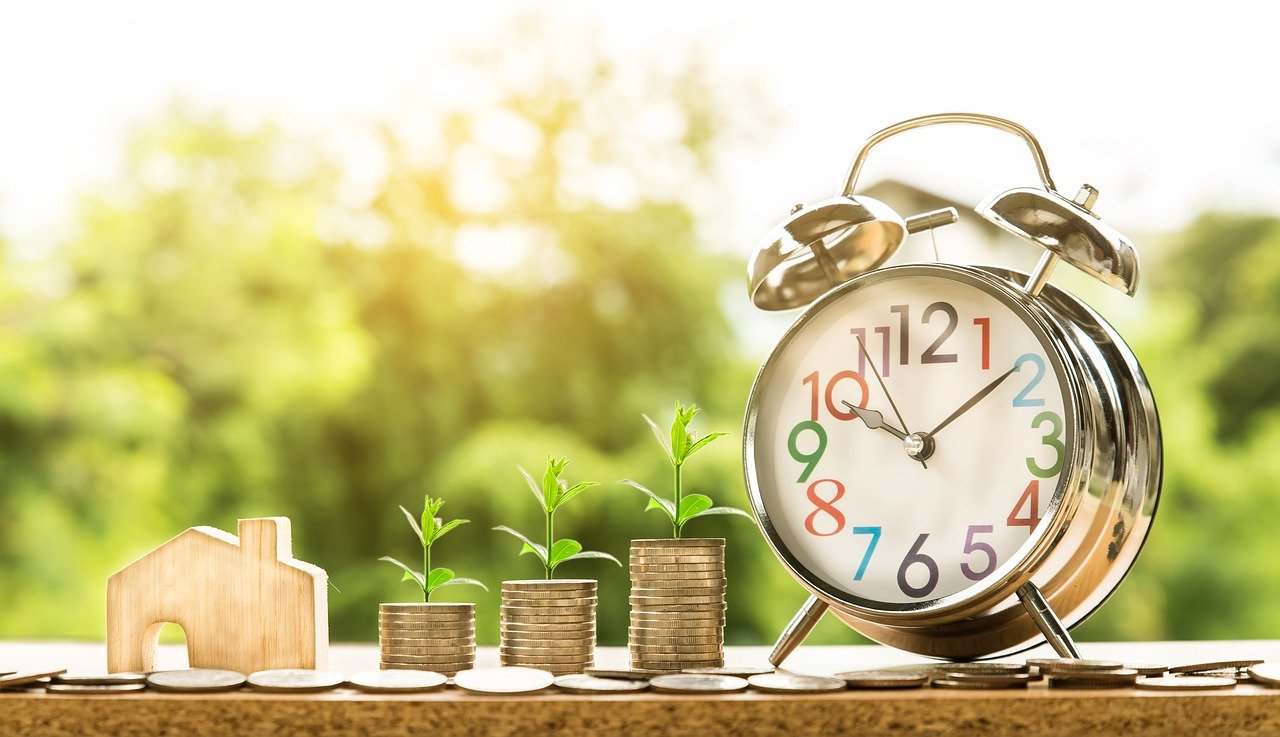
What is a mortgage stress test?
The stress test determines if potential homebuyers can afford their mortgages if interest rates suddenly rise.
As of 2024, all buyers must be approved at the Bank of Canada’s qualifying rate of 5.25%, or their lender’s rate + 2% (whichever is higher).
You’ll also need to pass the stress test to refinance your home, change lenders or take out a home equity line of credit.
How much will my mortgage be?
To calculate your mortgage, simply download this free app.
Why should I get pre-approved for a mortgage?
Being pre-approved gives you a clear idea of how much you can afford, and proves to the seller that you’re a serious buyer.
Home Staging FAQs
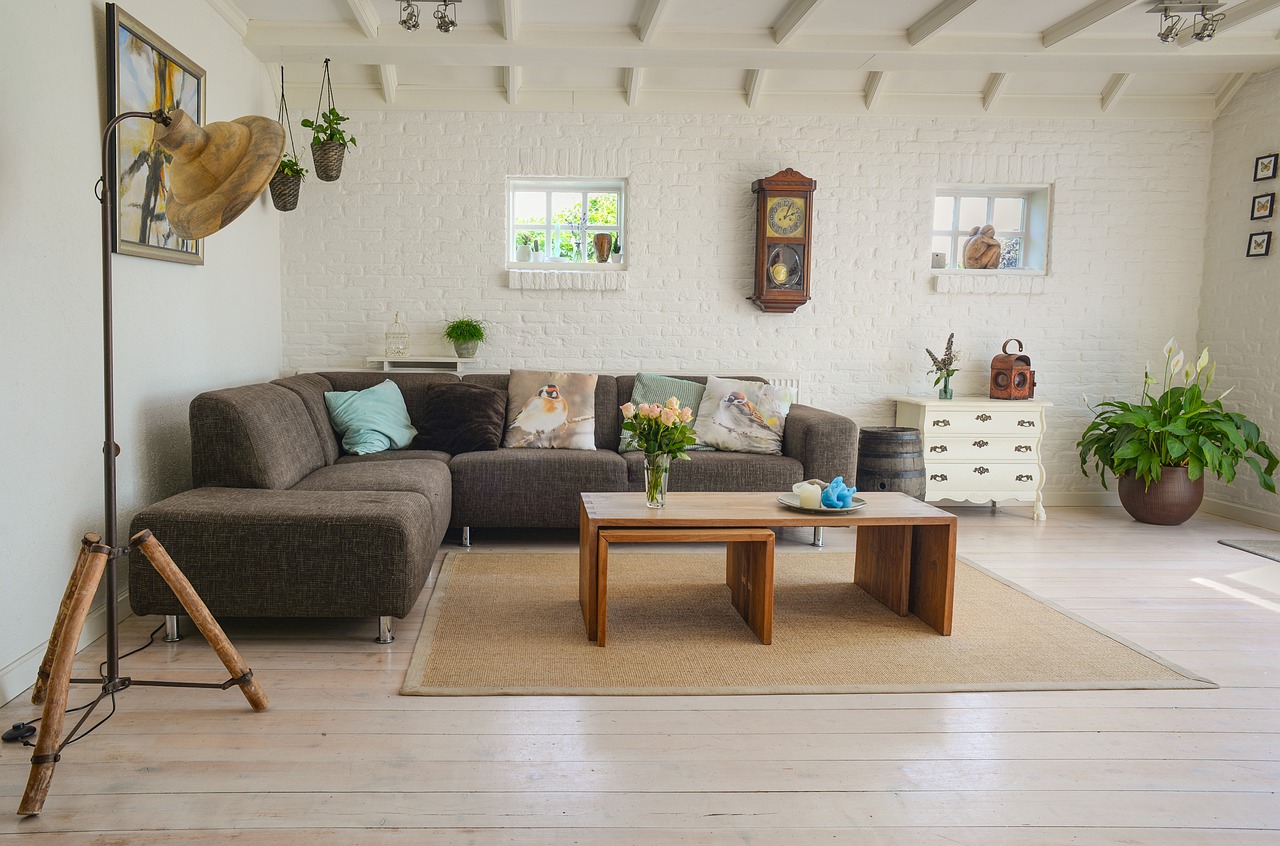
What is home staging?
Home staging is the process of making a property look more appealing in order to attract buyers.
It can involve cleaning and organizing your home, adding greenery and colour, improving lighting, making minor repairs, and more.
After a home is staged, it is often photographed, with the images being used to create marketing materials.
Home sellers can hire professionals to stage their property, or do it themselves.
What are the benefits of staging my home?
According to Money.ca, homes that are staged spend 90% less time on the market and sell for 6-20% more.
How much does it cost to stage my home?
Depending on the size of your home, it can cost $300-$700 per room plus a consultation fee of $200-$500.
Do I have to stage my entire home or only certain rooms?
Commonly staged rooms include the primary bedroom, kitchen and living and dining areas.
Should I stage my home myself or hire a pro?
Unless you’re an interior designer, it’s best to hire professionals.
Remember, staging your home increases its value and helps it sell faster, so it’s well worth the money.
Do you offer staging services?
Yes, my network includes professional home stagers.
Buyer & Seller Protections FAQs
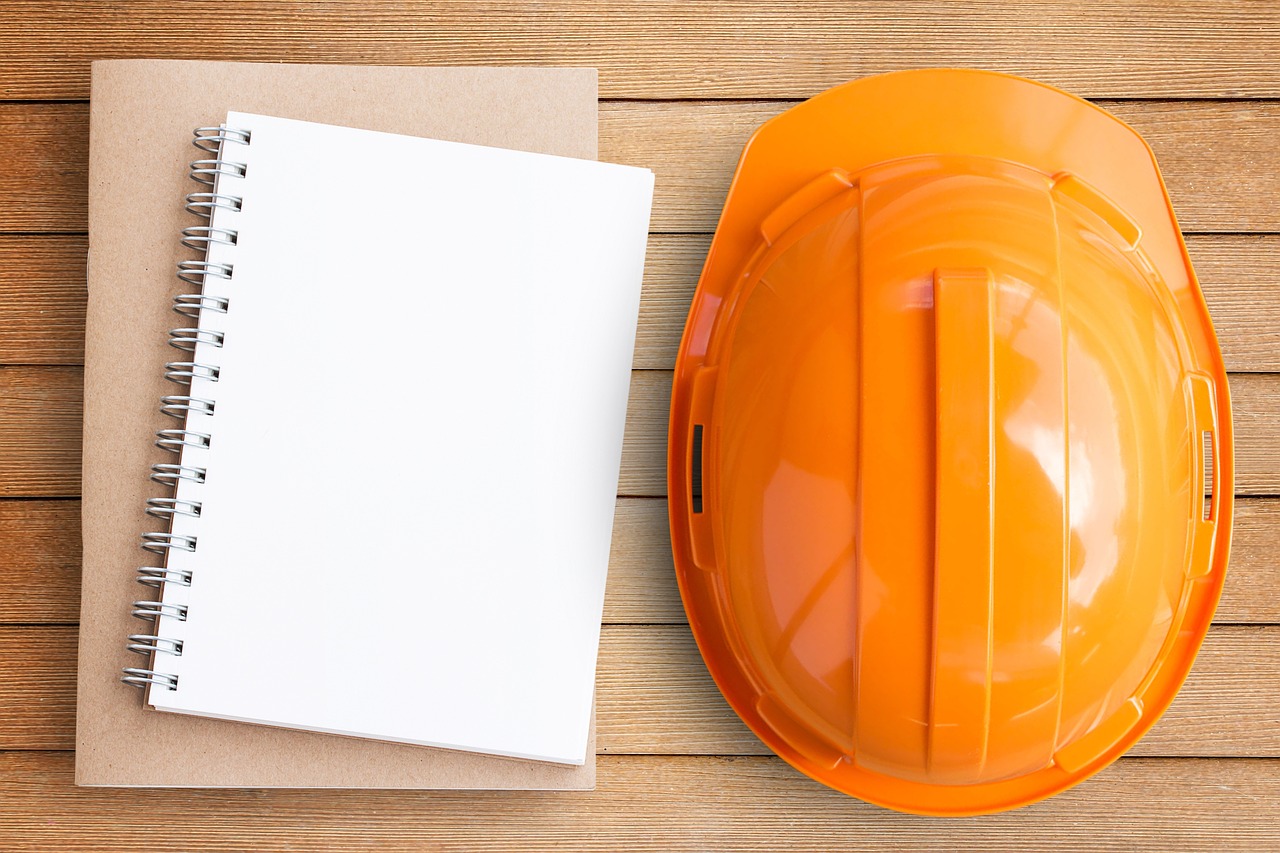
What is TRESA?
TRESA, or the Trust in Real Estate Services Act, is a piece of legislation that governs real estate agents and brokerages in Ontario.
Its goal is to protect home buyers and sellers, inform them of their rights, and provide them with greater choice when it comes to representation.
For more information about TRESA, check out this guide.
What is the Buyer Representation Agreement (BRA)?
The Buyer Representation Agreement (BRA) is a contract between a buyer and an agent that makes their relationship official.
It defines their obligations towards each other, details the agent’s services and commission, and lists expenses and who will pay for them.
Most importantly, it turns the buyer into a client rather than a customer.
That means the agent is legally obligated to work in their best interests.
For more information about the BRA, check out this guide.
Probate & Estate Sales FAQs
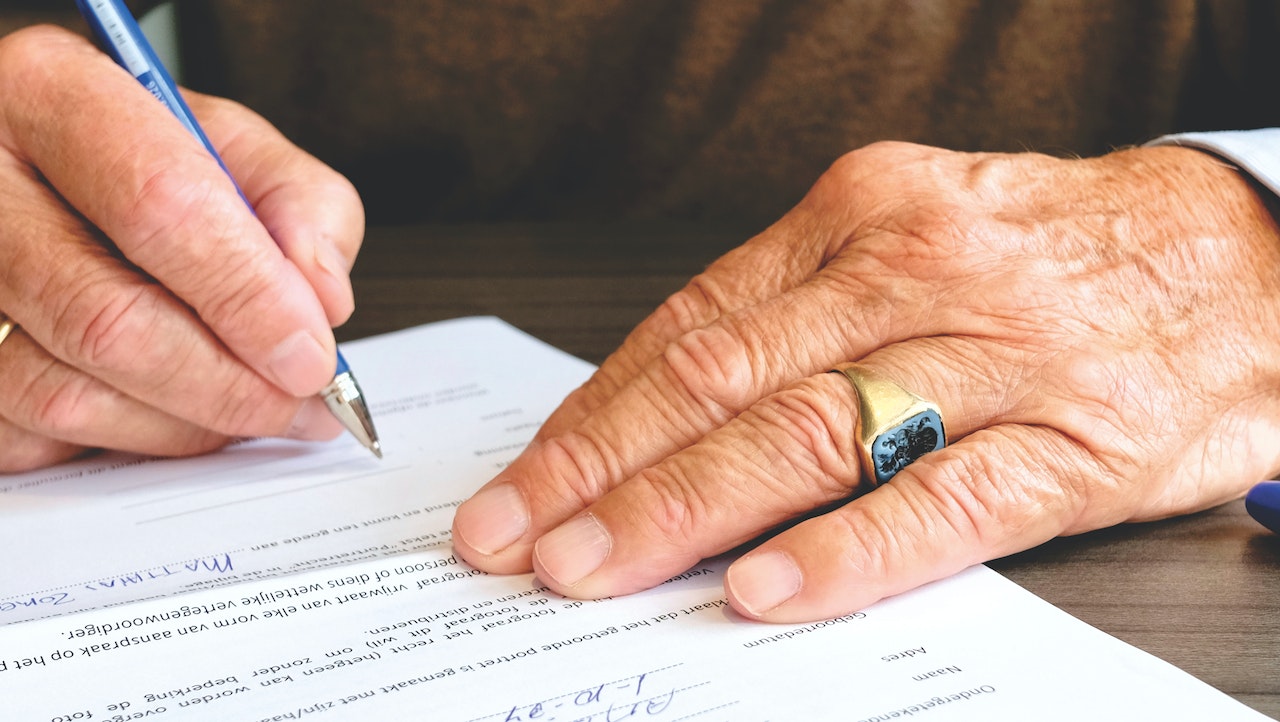
What is an estate sale?
An estate sale is the sale of property (e.g. houses, furniture, cars) belonging to a recently deceased person.
What is probate?
Probate is a legal process to confirm if a will is valid.
It’s usually required when someone dies without a will (i.e. intestate).
For more information on estate sales and probate, check out this guide.
Taxes, Fees & Rebates FAQs
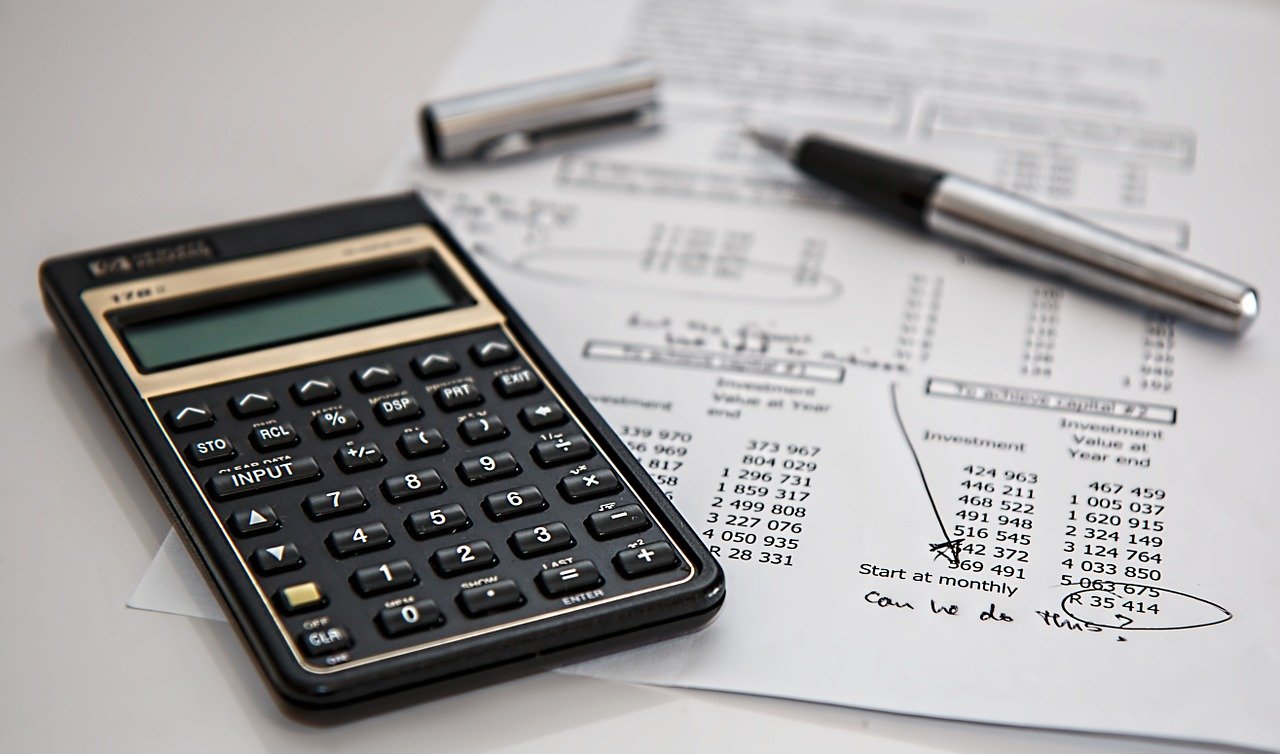
What is the Vacant Home Tax (VHT)?
The Vacant Home Tax (VHT) requires Toronto homeowners to pay an annual tax on vacant properties.
A property is deemed vacant if a) the owner doesn’t use it as their primary residence or b) it’s unoccupied for 6 months or more during the previous calendar year.
The tax is equal to 3% of a property’s Current Value Assessment (CVA).
So for a vacant home with a CVA of $1 million, the homeowner would have to pay an annual tax of $30,000.
For more information about the Vacant Home Tax, check out this guide.
What is the Luxury Land Transfer Tax?
The Luxury Land Transfer Tax is not new, but rather part of an updated Municipal Land Transfer Tax (MLTT).
It’s paid by buyers upon purchase, applies to high-value properties, and varies based on the actual price of a home.
Here’s how much of the tax buyers have to pay:
- 3.5% on properties between $3-4 million
- 4.5% on properties between $4-5 million
- 5.5% on properties between $5-10 million
- 6.5% on properties between $10-20 million
- 7.5% on properties over $20 million
For example: a $10 million home carries a 5.5% tax (or $550,000).
What fees and taxes do I have to pay when buying a home in Toronto?
- Down Payment: 5% to 20% of the purchase price
- Property Appraisal: $300 to $600
- Home Inspection: $250 to $600
- Legal Fees: $1200 to $2400
- Title Insurance: $200 to $500
- Tarion Warranty: up to $1,600
- Utility Connection Fees: varies
- Ontario Land Transfer Tax: depends on purchase price
- Toronto Land Transfer Tax: depends on purchase price
- Vacant Home Tax: 3% of home’s current assessed value
- Luxury Home Tax: 3.5% on homes over $3M; 7.5% for homes over $20M
What fees and taxes do I have to pay when selling a home in Toronto?
- Commission Fees: 5% of selling price + HST
- Legal Fees: $1200 to $2400
- Mortgage Discharge Fee: $200 to $400
- Bank Fees: $250 to $500
- Moving Fees: $750 to $3500
- Capital Gains Tax: varies
- Title Insurance: $300+
- Closing Adjustments: varies (eg. unpaid utility bills)
- Home Repairs: optional and varies
Which fees and taxes do I have to pay when buying or selling pre-construction property?
- Initial Deposit: $5000
- Down Payment: 20% of purchase price (spread over almost 2 years)
- HST: 13% of purchase price
- Legal Fees: up to $2000
- Assignment Fee: $750+
- Development Charges: up to $60,000
- Land Transfer Tax: $10,000+
- Utility Connection Charges: varies
- Tarion Enrollment Fee: $585 to $6,000
What rebates or financial assistance are available to first-time homebuyers?
- HST Rebate: up to $24,000
- Home Buyers Tax Credit: up to $10,000
- First-Time Home Buyer Incentive: 5% or 10% of the purchase price
- Land Transfer Tax Refund: up to $4,000
- Toronto Municipal Land Transfer Tax Rebate: up to $4,475
- First-Time Homebuyer Incentive (FTHBI): 5-10% of purchase price (loan)
- First Home Savings Account (FHSA): annual contribution limit of $8,000 ($40,000 lifetime limit)
Have any questions not covered by my FAQs? Simply contact me below.
Wins Lai
Real Estate Broker
Living Realty Inc., Brokerage
m: 416.903.7032 p: 416.975.9889
f: 416.975.0220
a: 7 Hayden Street Toronto, M4Y 2P2
w: www.winslai.com e: wins@winslai.com
*Top Producer (Yonge and Bloor Branch) — 2017-2022
